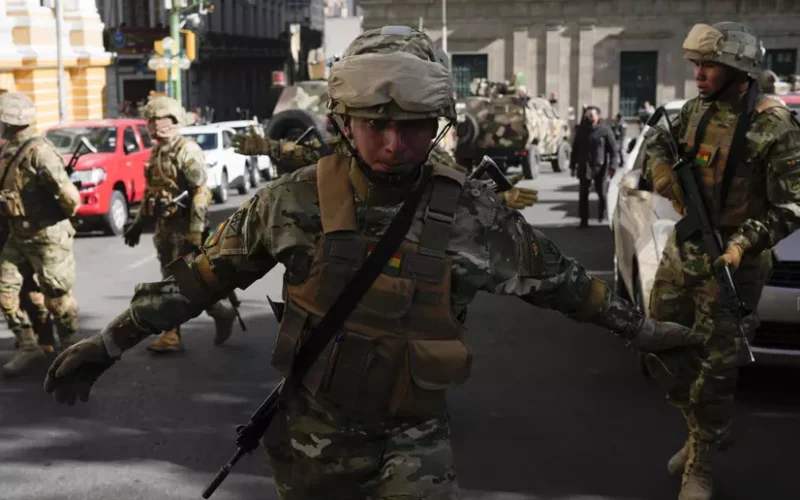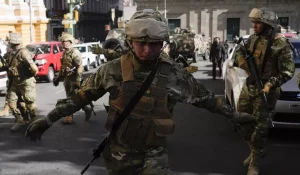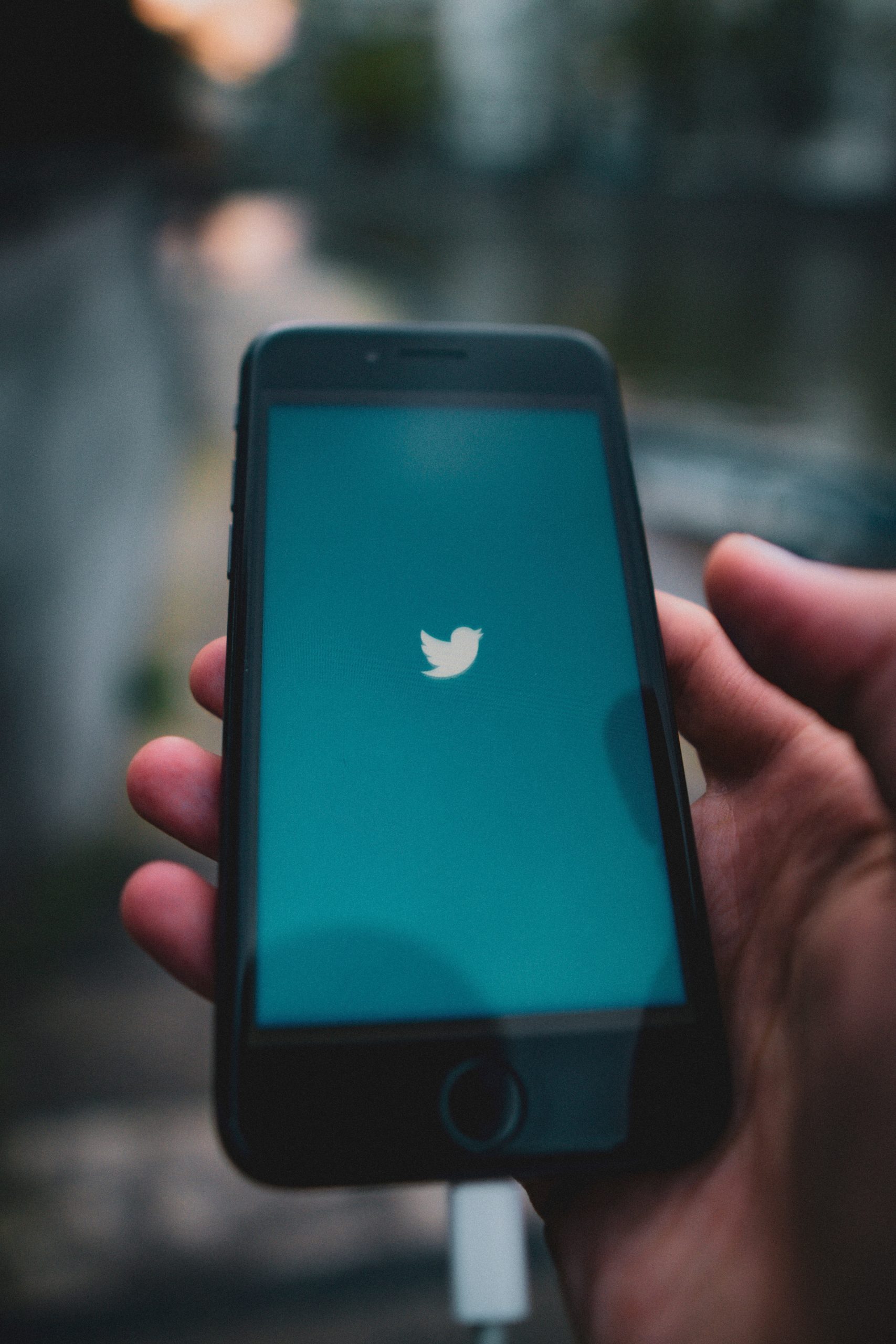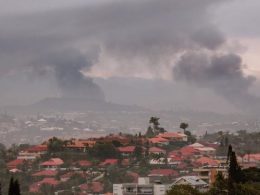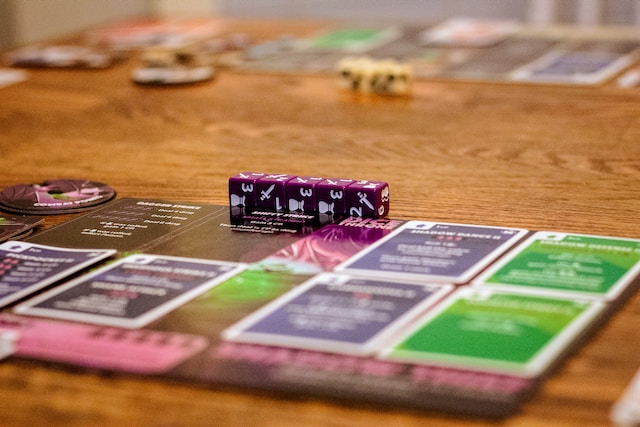Bolivia, a South American nation known for its political volatility, has once again been thrust into chaos following an apparent coup attempt. The presidential palace in La Paz was attacked, leading to widespread concern about the stability of the government. This article explores the incident, the political context, and the potential ramifications for Bolivia and the wider region.
The Attack on the Presidential Palace
In the early hours of the morning, a group of armed individuals launched a coordinated assault on the presidential palace. According to eyewitnesses, the attackers used explosive devices and automatic weapons, causing significant damage to the building. Security forces were quickly mobilized to repel the attackers, resulting in a fierce gun battle. Several attackers were captured, while others managed to flee the scene.
Immediate Response
President Luis Arce, who was not in the palace at the time of the attack, addressed the nation later in the day. He condemned the assault as an attempt to undermine democracy and assured the public that those responsible would be brought to justice. The government declared a state of emergency, imposing curfews and deploying additional military personnel to key locations in La Paz and other major cities.
Political Context
Bolivia has experienced significant political turmoil in recent years. In 2019, long-serving President Evo Morales resigned and fled the country amid protests and allegations of electoral fraud. His departure led to an interim government and subsequent elections, which brought Luis Arce, a member of Morales’ Movement for Socialism (MAS) party, to power. Despite winning the presidency, Arce has faced ongoing opposition from various political and social groups.
Possible Motivations
The motivations behind the coup attempt are not yet fully understood. However, several factors could have contributed to the attack. These include:
- Political Rivalry: Persistent opposition to the MAS party and its policies.
- Economic Factors: Widespread dissatisfaction with economic conditions, exacerbated by the COVID-19 pandemic.
- Social Unrest: Ongoing protests and strikes by various social groups, including indigenous communities and labor unions.
- External Influence: Potential involvement or support from foreign entities interested in destabilizing the Bolivian government.
Regional Implications
The attack on Bolivia’s presidential palace has significant implications for the wider region. South America has a history of political instability and coups, and this incident could inspire similar actions in neighboring countries. Additionally, the destabilization of Bolivia could lead to increased migration and economic uncertainty in the region.
International Reaction
The international community has reacted with concern to the events in Bolivia. The United Nations, Organization of American States, and various governments have condemned the attack and called for calm. There are also calls for international mediation to help stabilize the situation and prevent further violence.
Analysis Table
| Factor | Description | Impact |
|---|---|---|
| Political Rivalry | Opposition to the MAS party | Increased political tension and instability |
| Economic Factors | Economic dissatisfaction and COVID-19 impact | Social unrest and protests |
| Social Unrest | Protests by indigenous communities and labor unions | Heightened conflict and potential violence |
| External Influence | Possible foreign intervention | Increased risk of regional destabilization |
Comparative Table
| Country | Recent Political Instability | Coup Attempts | Government Response |
|---|---|---|---|
| Bolivia | High (2019 protests, resignation of Morales) | Yes (2024 attack) | State of emergency, military deployment |
| Venezuela | High (ongoing crisis) | Yes (multiple) | Strong government control, suppression of opposition |
| Peru | Moderate (recent presidential crises) | No | Political negotiations, electoral processes |
| Brazil | Moderate (political scandals) | No | Legal proceedings, electoral responses |
Conclusion
The attack on Bolivia’s presidential palace represents a critical moment in the nation’s political landscape. It underscores the fragility of Bolivia’s democracy and the ongoing challenges faced by the government. As Bolivia navigates this crisis, the actions taken by both domestic and international actors will be crucial in determining the country’s future stability. The region and the world watch closely, hoping for a peaceful resolution and a return to democratic order.






